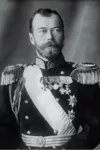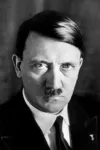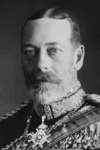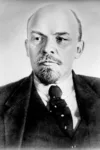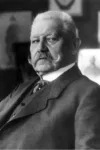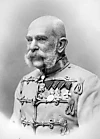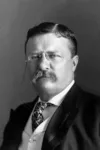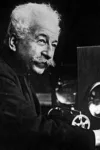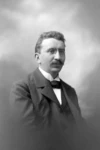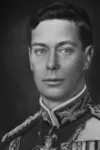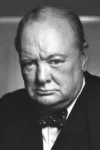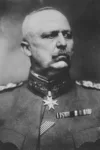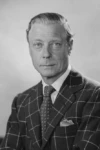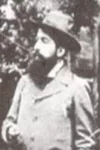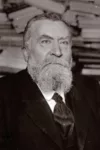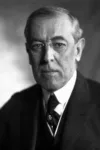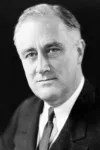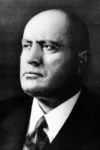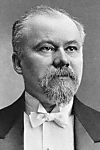
Biography
(No Information)
Filmography
all 59
Movies 56
self 52
TV Shows 3
Self (archive footage)
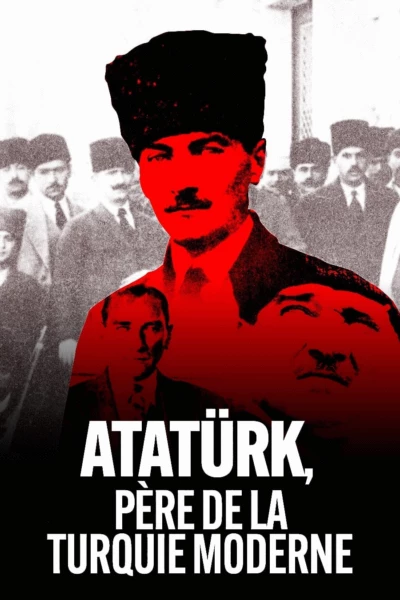
Atatürk, père de la Turquie moderne (2023)
Movie
Self (archive footage)

The Cultural History of Museums (2022)
Movie
Self (archive footage)
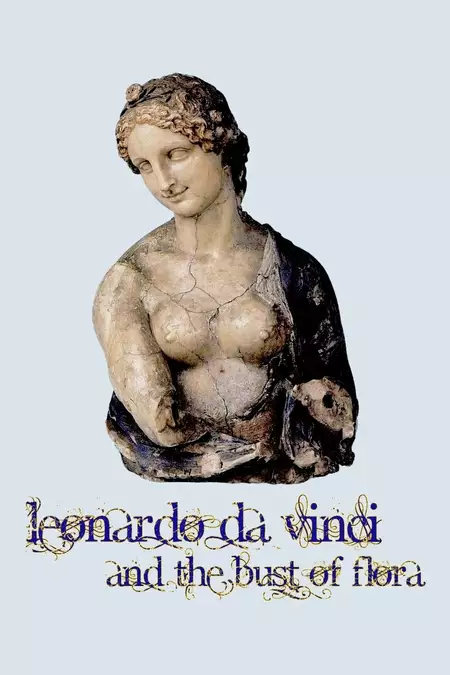
Leonardo da Vinci and the Bust of Flora (2020)
Movie
Self (archive footage)
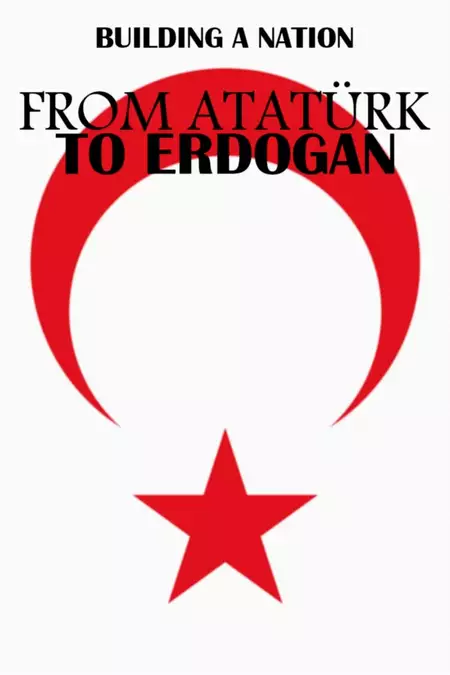
From Atatürk to Erdoğan: Building a Nation (2019)
Movie
Self (archive footage)
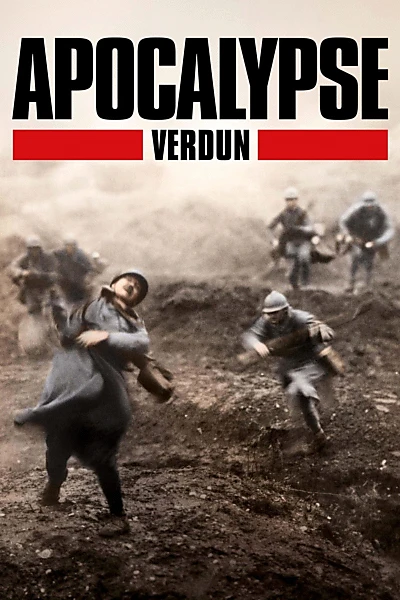
Apocalypse: The Battle of Verdun (2016)
Movie
Self (archive footage)
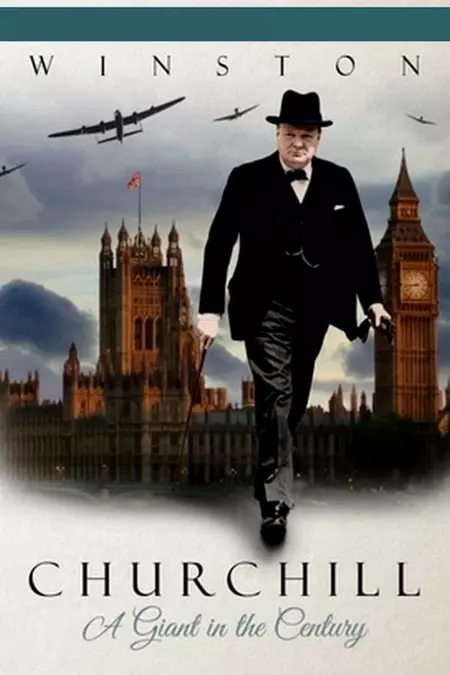
Winston Churchill: A Giant in the Century (2014)
Movie
Self (archive footage)
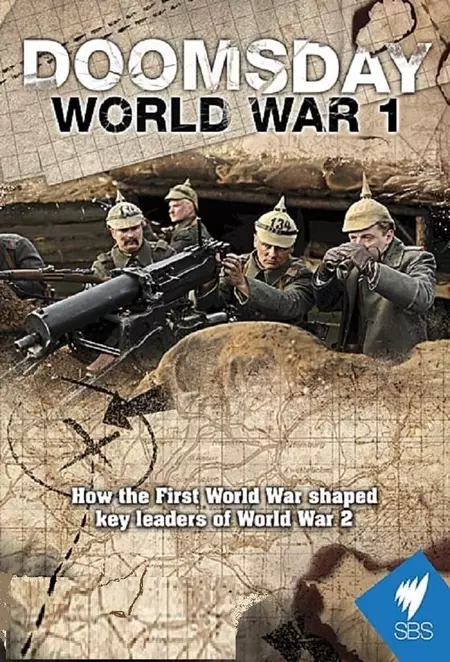
Doomsday: World War I (2012)
TV
Self (archive footage)

Wilhelm II. - Die letzten Tage des deutschen Kaiserreichs (2007)
Movie
Self - Hunts

The Kid Who Couldn't Miss (1983)
Movie
Self (archive footage)

A Wall in Jerusalem (1968)
Movie
Self - with Generals

A Trip Down Memory Lane (1966)
Movie
Self (archive footage)
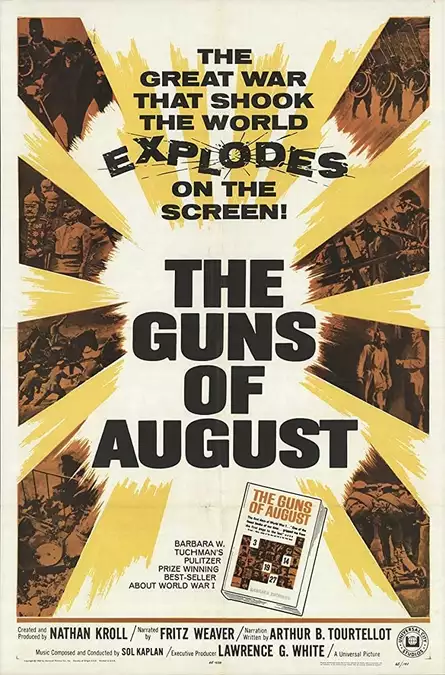
The Guns of August (1964)
Movie
Self - German Monarch

Project XX: The Great War--World War I (1956)
Movie
Self (archive footage)
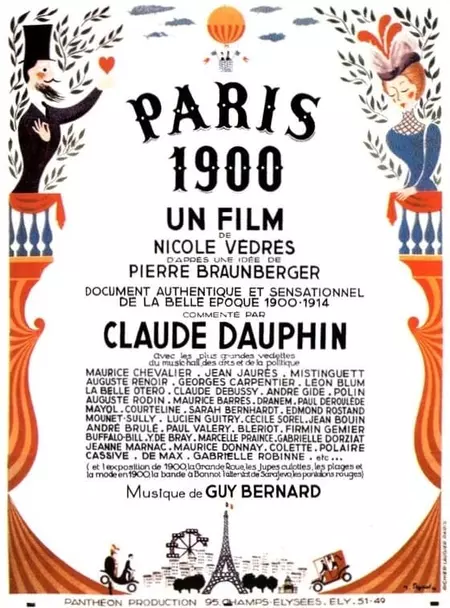
Paris Nineteen Hundred (1948)
Movie
Self (archive footage)
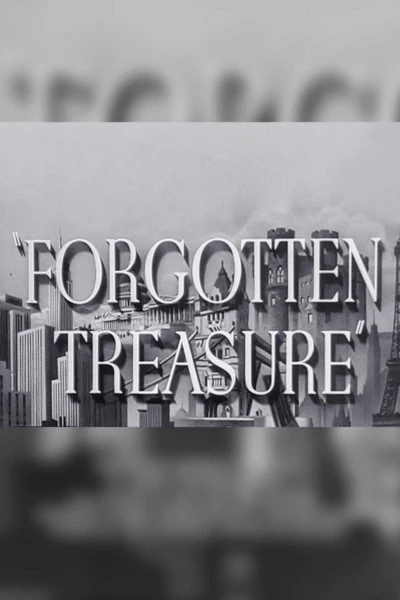
Forgotten Treasure (1943)
Movie
ArchiveFootage

Yesterday Lives Again (1938)
Movie
Self (archive footage)
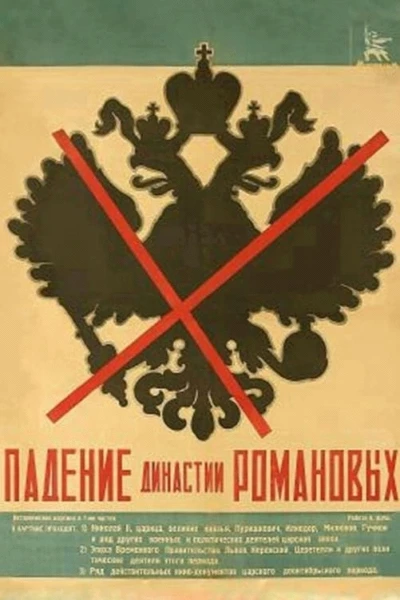
The Fall of the Romanov Dynasty (1927)
Movie
Self - Emperor of all the Huns
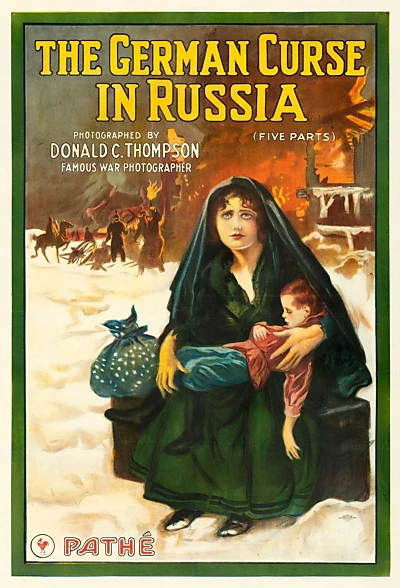
The German Curse in Russia (1918)
Movie
Self - Emperor of Germany

Opening of the Kiel Canal (1895)
Movie
Information
Known ForActing
GenderMale
Birthday1859-01-26
Deathday1941-06-04 (82 years old)
Birth PlacePotsdam, Germany
ReligionLutheranism
Height
RelationshipsAugusta Victoria of Schleswig-Holstein (1881 - 1921), Princess Hermine Reuss of Greiz (1922 - 1941)
ChildrenPrince Eitel Friedrich of Prussia, Prince Oskar of Prussia, Prince Joachim of Prussia, Prince August Wilhelm of Prussia, Wilhelm, German Crown Prince, Princess Viktoria Luise of Prussia, Prince Adalbert of Prussia
FatherFrederick III, German Emperor
MotherVictoria, Princess Royal
SiblingsPrince Waldemar of Prussia, Princess Viktoria of Prussia, Princess Margaret of Prussia, Sophia of Prussia, Prince Henry of Prussia, Princess Charlotte of Prussia, Prince Sigismund of Prussia
CitizenshipsGerman Empire, Kingdom of Prussia, Germany
ResidencesHuis Doorn, Netherlands
Also Known AsGuillaume II d'Allemagne, William II of Germany, Guillermo II de Alemania, Kaiser Wilhelm II of Germany
AwardsOrder of the Royal House of Chakri, Order of the Red Eagle, Order of the Black Eagle, Order of Saint Stanislaus, Pour le Mérite, Sovereign Military Order of Malta, Order of Saint Stephen of Hungary, Order of the Golden Fleece, Order of the Garter, Hanseatic Cross, Military Order of Max Joseph, Order of the Norwegian Lion, Order of the Elephant, Grand Cross of the Iron Cross, Order of the Crown (Prussia), House Order of Hohenzollern, Order of the Rue Crown, Order of St. Andrew, Royal Order of the Seraphim, Order of Glory, Order of Willem, Order of Saint Henry, Order of the Chrysanthemum, Order of Saint Hubert, Knight Grand Cross of the Order of St. Olav, Knight grand cross of the order of the crown of Italy, Grand Cordon of the Order of Leopold, Knight Grand Cross of the Military Order of William, Order of the Liberator, Collar of the Supreme Order of the Chrysanthemum, Knight Grand Cross of the Royal Victorian Order, Knight of the Order of the Most Holy Annunciation, Grand Cross of the Order of the Cross of Liberty, Royal House Order of Hohenzollern, Grashof Commemorative Medal, Knight of the Order of the Golden Fleece, Grand Cross of the Order of Maria Theresa, Knight of the Order of St. Alexander Nevsky, Knight Grand Cross of the Order of Saints Maurice and Lazarus, Order of Saints Cyril and Methodius Equal-to-apostles, Order of the Crown of Thailand, Royal Victorian Chain, Knight Grand Cross in the Order of the Netherlands Lion
This article uses material from Wikipedia.
Last updated:
Augusta Victoria of Schleswig-Holstein worked together with Emperor Wilhelm II of Germany in:
12 Movies
Czar Nicholas II of Russia worked together with Emperor Wilhelm II of Germany in:
10 Movies
1 TV Show
King George V of the United Kingdom worked together with Emperor Wilhelm II of Germany in:
5 Movies
2 TV Shows
King George VI of the United Kingdom worked together with Emperor Wilhelm II of Germany in:
4 Movies
King Edward VIII of the United Kingdom worked together with Emperor Wilhelm II of Germany in:
3 Movies
 Emperor Wilhelm II of Germany
Emperor Wilhelm II of Germany- Filmography
- Information
- Related Persons
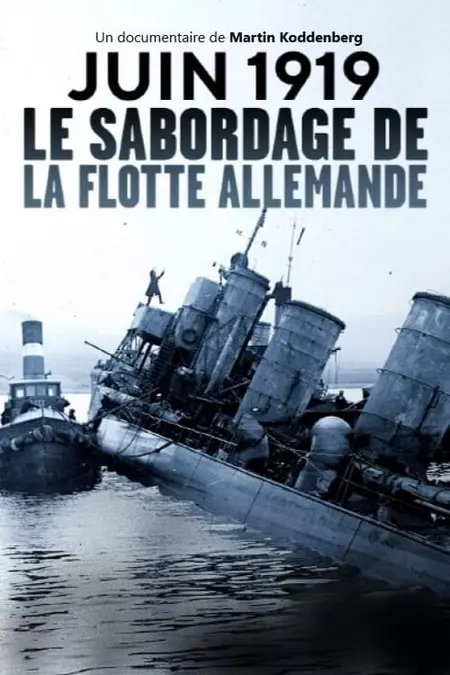
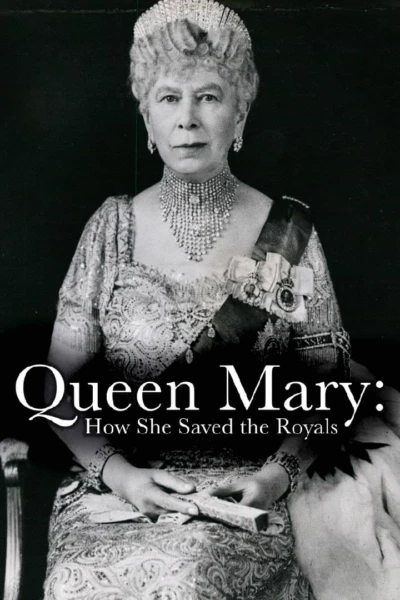
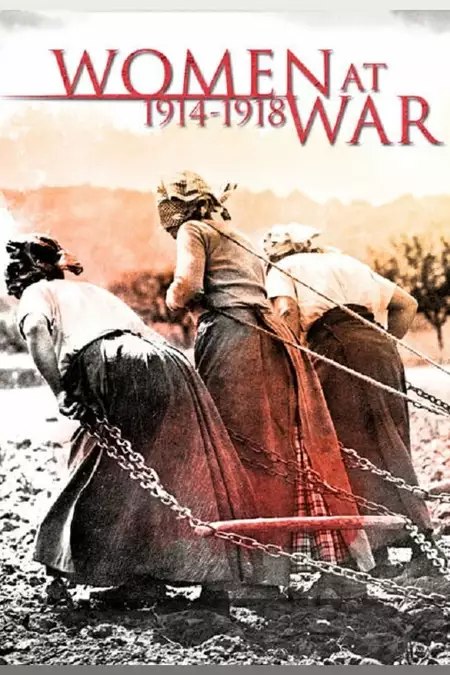
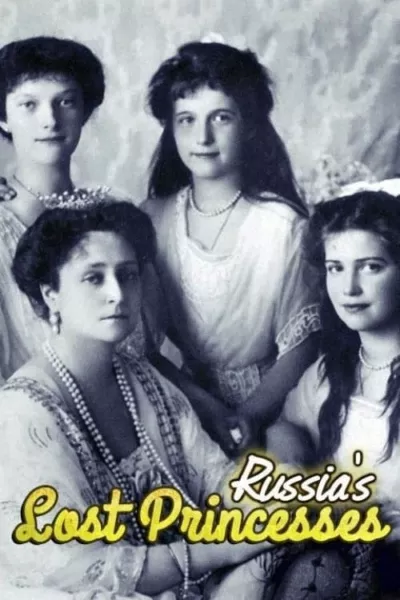
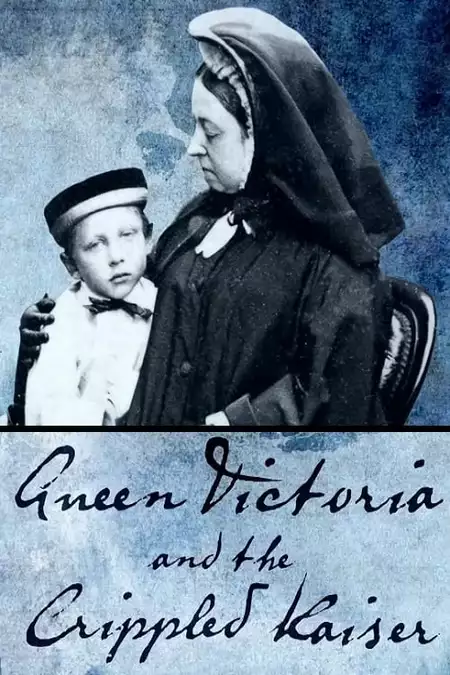
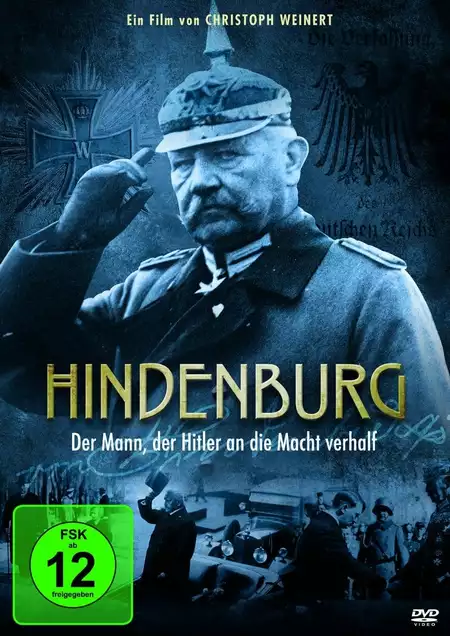
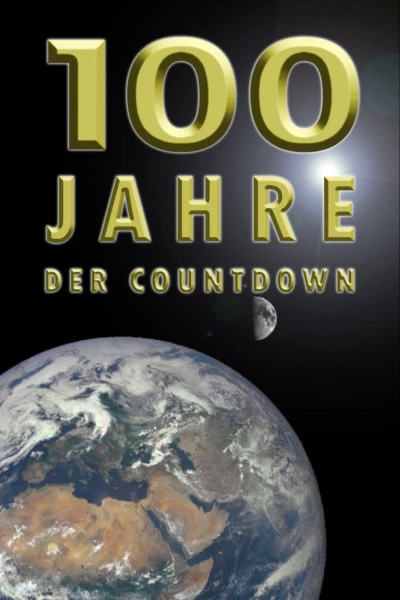
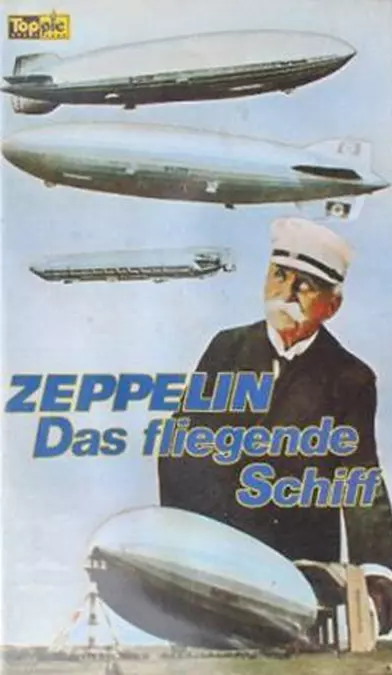

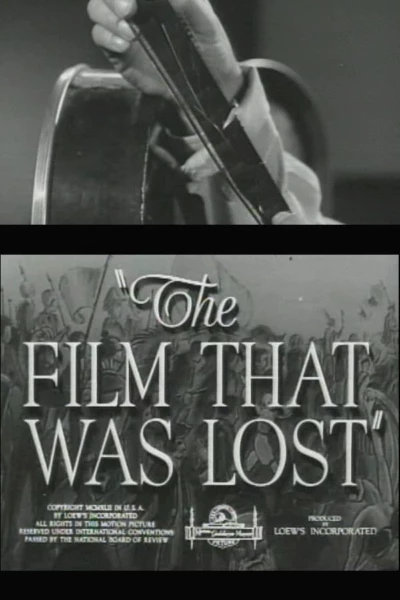
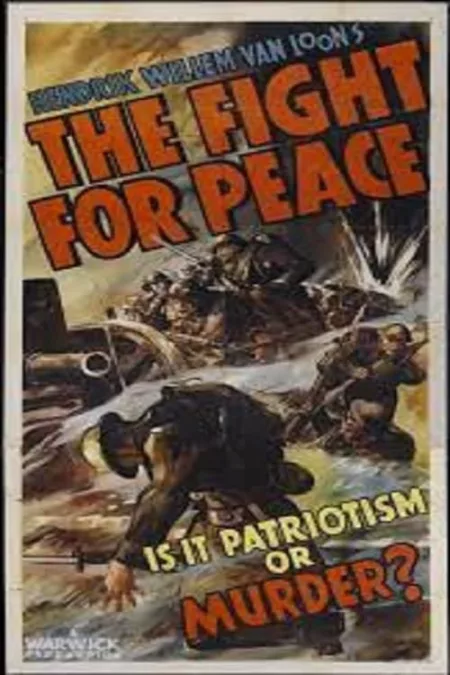
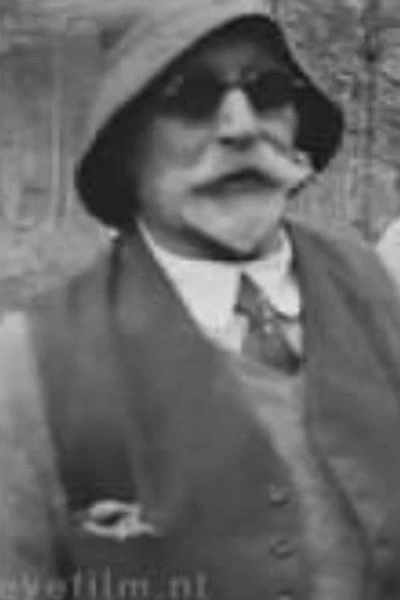
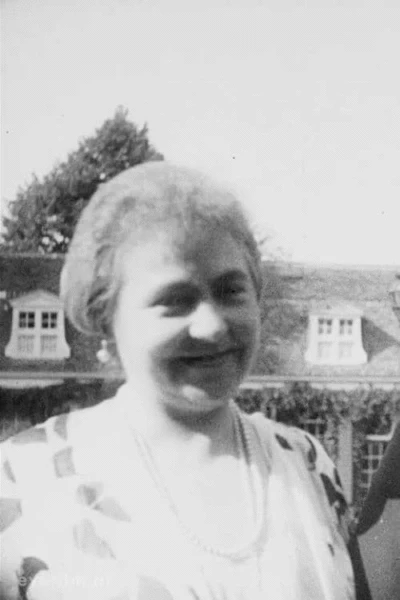
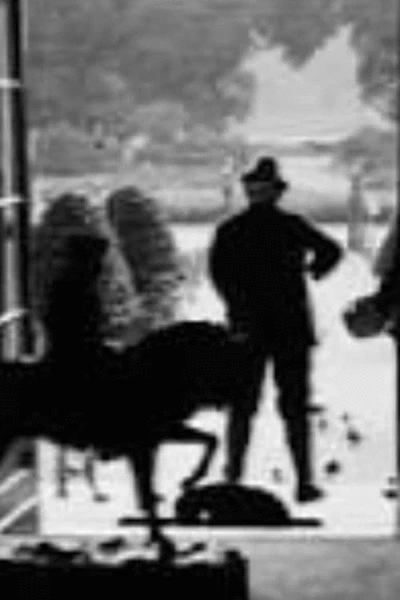
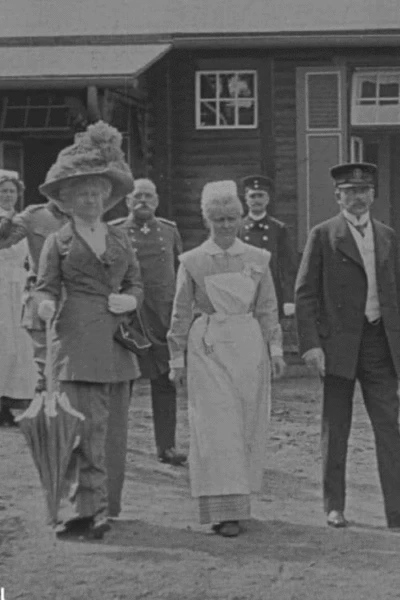
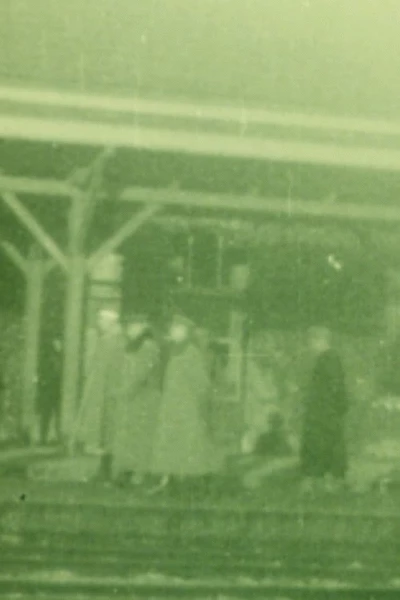
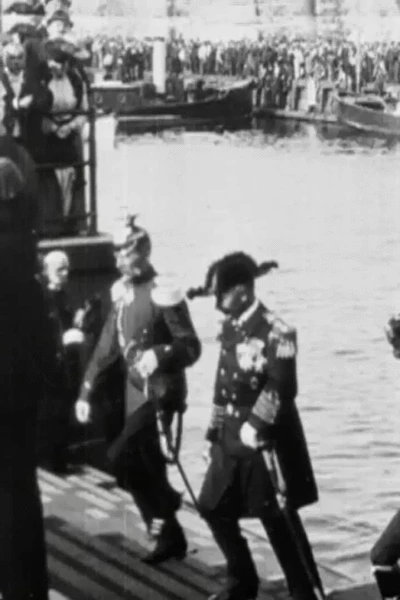
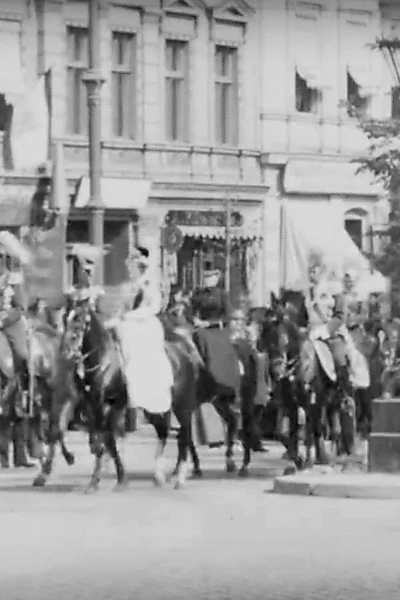
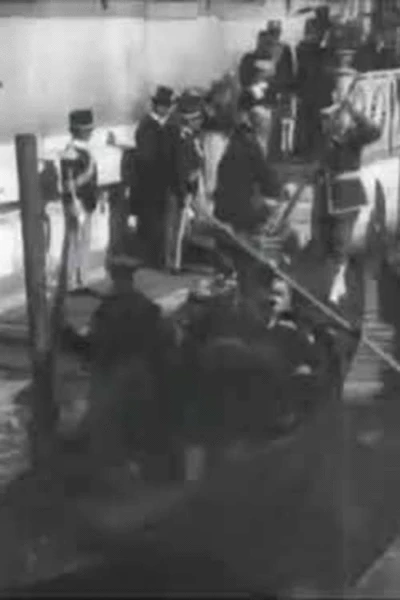
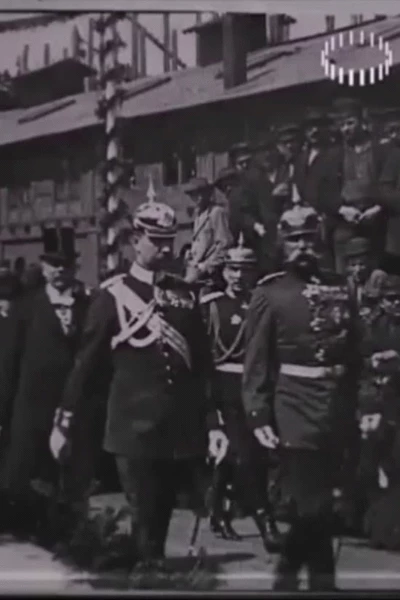
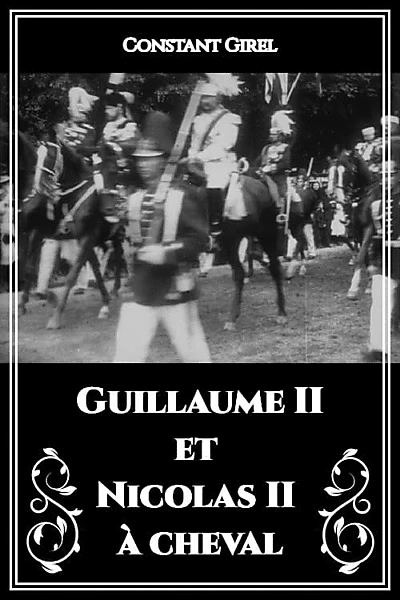
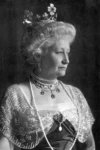
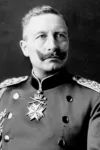 ,
,